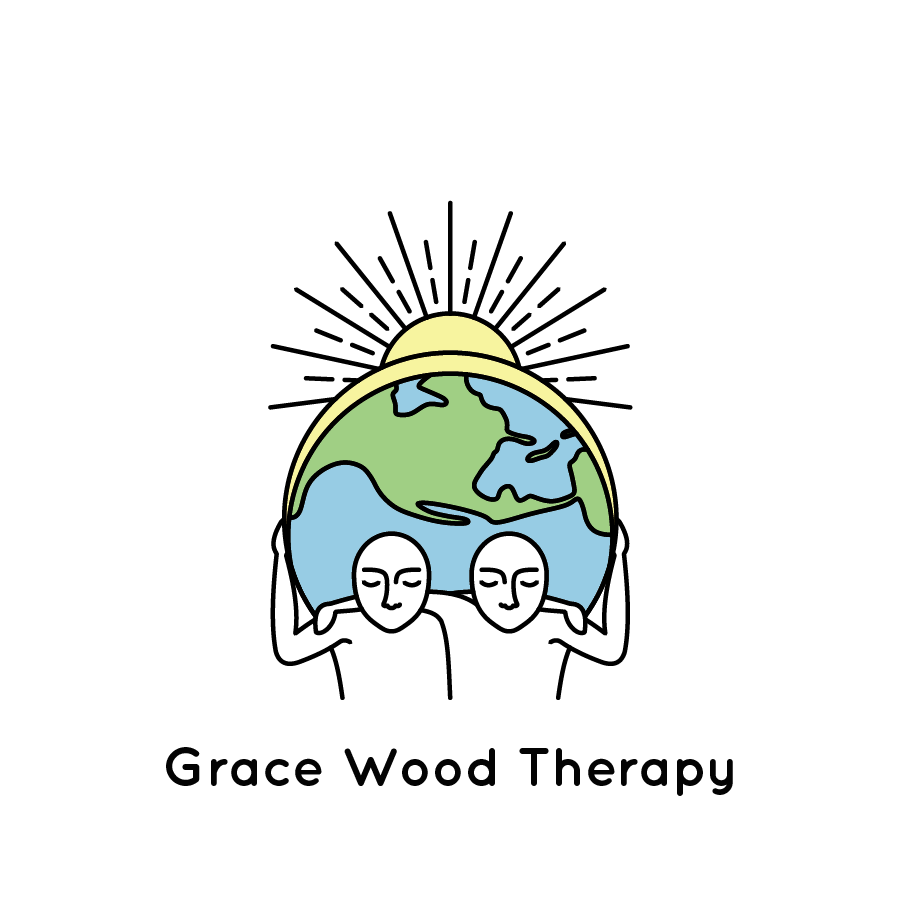Athletes face injuries all the time. It’s part of most sports, and we try to reduce harm by having athletic trainers, physical therapists, and sports medicine doctors. When you’re performing at a high level, however, injuries are almost inevitable. Many people experience feelings of hopelessness and depression after an injury. We have doctors to aid the symptoms of the injury itself, but what about the mental and emotional symptoms?
After years in my sport, I started having some problems with my feet. The podiatrist readily told me that I needed major foot surgery on both feet. They had to be done one at a time, which meant I would be out of commission for about 6 months. The surgery was obviously unpleasant, but on top of that, I was removed from my only support system. As my friends trained and continued to improve, I regressed. My muscles became weaker, and it was like I could feel it each moment of the day. I was socially isolated, left missing my friends, and resenting them for their constant improvement.
The urge to get back sooner than recommended is so strong. I pushed myself to my limits with my feet, often making my physical therapist cringe. When you’re an active person, the hardest thing to do is sill still and wait for things to get better. I get it. We often make our injuries worse when we start moving before we’re supposed to start moving—but it’s fucking hard to stay still!
I went back to practice early on, sitting on the sidelines and cheering for my friends. I thought this was better than staying home and feeling sorry for myself, but it led to some other really uncomfortable feelings. My friends improved every day. People that were behind me surpassed me. And I knew when I came back, I would be much worse than I was. Six months felt like years. It felt like more than I could ever possibly come back from. As I watched my friends get better, I accepted the fact that I would no longer be able to hold my own with them. I would be much worse.
So how do we cope when these injuries come our way? The desire to go back and do something differently is so strong, but (unfortunately) we seem to live through our life on a linear time line. Darn. There are some things that might help.
Self-compassion. Alas, you are human. Your body has been so good to you and gotten you through so much. Now it needs some rest and care and attention. Remember to be compassionate with your self and with your body.
Hobbies. Remember a time before your sport? You might have to reach back really far, but I bet it’s there! Injuries are terrible when your sport is such a huge part of who you are. I believe, however, that being an athlete is not your whole identity. Think about all the hobbies you haven’t had time to do—reading, spending time with friends, crafting, writing. Sports will still be there in a few months; maybe this is a good opportunity to turn your attention to other things you once enjoyed.
Recognizing achievements. Recovering from an injury might seem like an unbearably slow process. As an athlete, we’re accustomed to having set goals and working toward them. Think of your recovery process as a new sport. Talk to your physical therapist about setting weekly goals so that you have something to work toward. It might seem silly, but it can do wonders for your mental well-being.
My surgeries led me to a pretty dark place in terms of my sport. On top of losing muscle, I gained weight. I felt hopeless about my future in my sport. I didn’t see a therapist when I was going through all this, but I wish I had. Maybe they would have pointed out to me that injuries are a normal part of the athletic experience and I wasn’t alone in what I was feeling. Perhaps they could have helped me feel less isolated and abandoned my team. As a therapist now, those are my goals for anyone experiencing an injury.

